Elon, Adultery, and the Enneagram: My October Reads
Choosing books by whim, I read my best books of the year this October on everything from affairs to electric cars.
Once the cold weather and darkness come around, my reading always ramps up. Looking back at what I had planned to read for October, this list ended up becoming completely different because I came across great suggestions and new interests and read by whim. I’m glad I did too, because I read some of my favorites of the year!
Biography/Memoir:
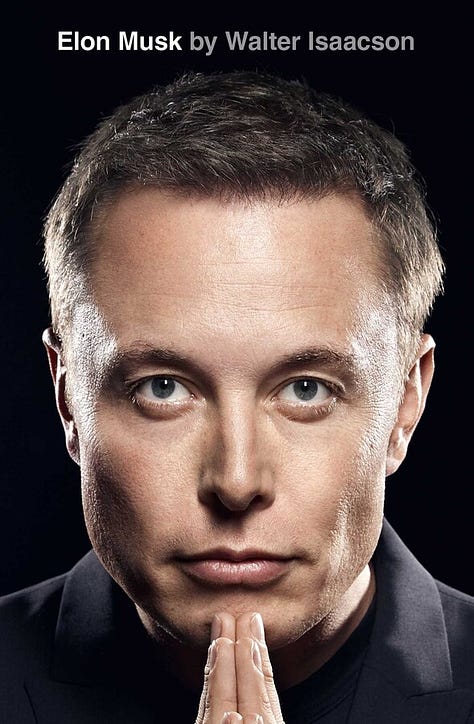
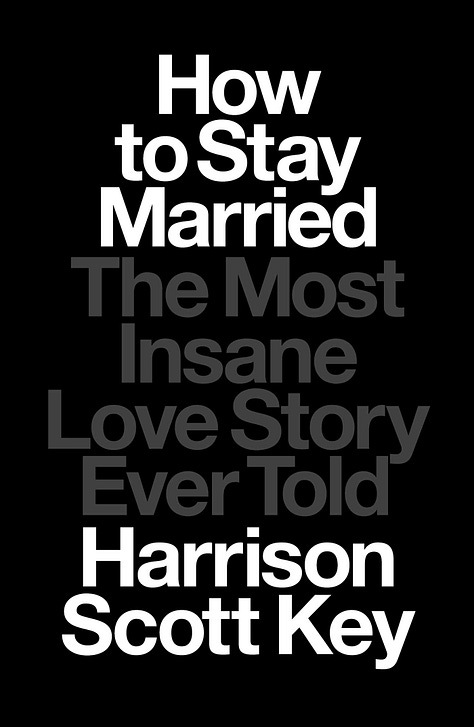
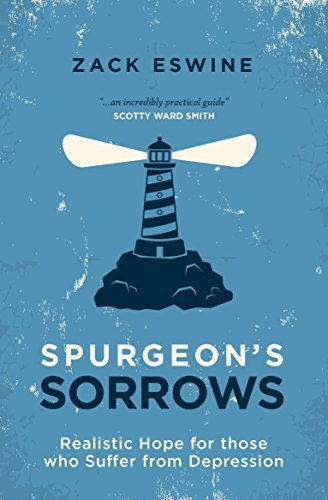
Elon Musk by Walter Isaacson
This biography was so entertaining and well-done. I probably read it in three days even though it’s thick because it felt more like reading news articles. I picked it up because I know Isaacson is a great biographer and I’m interested in Musk buying Twitter, and this gave so much detail on the past few tumultuous years including the Twitter takeover. I would highly recommend to anyone who’s remotely interested in this technological revolution we’re living through!
How to Stay Married: The Most Insane Love Story Ever Told by Harrison Scott Key
This might have been my favorite book of the year (thank you, sisters-in-law, for the recommendation!). Before I would recommend it to everyone, there is plenty of language and religious humor that is not for everyone, but it serves a purpose, and the book is just a hilarious and wonderful dark comedy. To my surprise, the Keys are in my small Reformed, Presbyterian, classical schooling world, but Key tells a somewhat shocking story about his wife’s infidelity. He describes their journey through it all, in a surprisingly vulnerable look into their faith, church life, and therapy.
Infidelity is very common, (happens in 1 in 4 marriages), so I’m pretty familiar with these stories being in the counseling world. But he told the story in such a helpful, hilarious, vulnerable way that I gained so much perspective. I would have every couple read this book as premarital counseling. I would also recommend it to anyone in ministry because it gives such a great perspective on how much we all hide and put on an act in our church. And anyone who loves to listen to a good comedian tell his jokes, listen to this on audio. I’ll be coming back to write about this after thinking some more!
Spurgeon's Sorrows: Realistic Hope for Those Who Suffer from Depression by Zach Eswine
I picked this up because Zach Eswine is a pastor in St. Louis and a friend attends his church, and I love the topic. However, for some reason, it did not hit me as very helpful, and I have read about Spurgeon’s depression before. I would recommend it for any Spurgeon lovers who are interested, but otherwise, I didn’t find it very memorable. For some reason, I have never found books on depression helpful, so I might be biased against it.
Non-fiction/Self-help
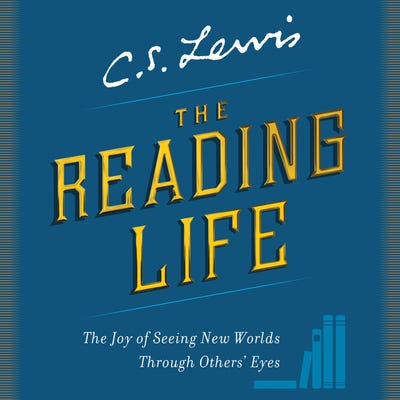
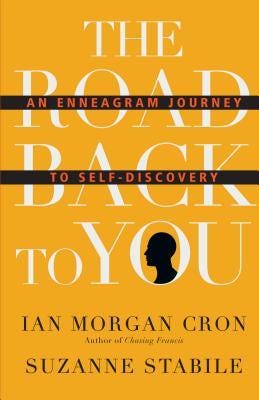
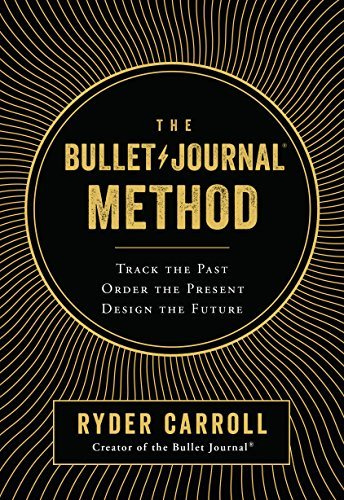
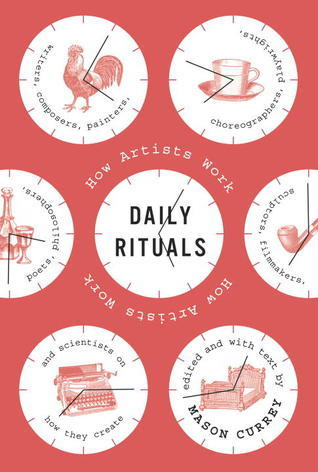
The Reading Life: Reflections and Essays by C.S. Lewis
This was a real treat to read! In an age where you can get pretty much every classic online and get all of C.S. Lewis’s essays and writings somewhere online, I really appreciate a well-edited compilation of someone’s writing. These chapters were all on the topic of reading compiled from Lewis’s various writings, and there is so much to chew on that I’ll be coming back to this one to write about more in-depth.
He goes into all the details of one’s reading life such as re-reading classics every ten years, and because it’s Lewis, there are golden quotes. “No book is really worth reading at the age of ten which is not equally (and often far more) worth reading at the age of fifty,” he says. I would highly recommend this book for book groups or family members to read aloud and talk about!
The Road Back to You: An Enneagram Journey to Self-Discovery by Ian Morgan Cron
I’ve been resisting the Enneagram like the flare jeans trend. I just got some flare jeans, so I guessed it was time to try the Enneagram. I’m glad it’s been so helpful to people, and I want to be aware of what people mean when they say “I’m an eight” (it happens a lot in counseling), so I’m glad I read it. However, I can’t stand how unscientific it is, generalized, and strangely based on random spiritual traditions. I think I’ve always been kind of appalled at churches that do Bible studies on it too.
I do believe self-awareness is crucial and takes work, but I would much prefer the Big Five personality test which is data-based. In case you’re wondering, I think I’m an eight (Yikes - The Powerful, Dominating Type: Self-Confident, Decisive, Willful, and Confrontational), and Joel is a five (Haha - The Intense, Cerebral Type: Perceptive, Innovative, Secretive, and Isolated). It makes us sound like we’re quite the strong, volatile, neurotic couple.
The Bullet Journal Method: Track the Past, Order the Present, Design the Future by Ryder Carroll
This was another book I wanted to check out to see what the bullet-journal method craze was all about. It promises a lot as a system, and I’m not sure I see the hype. But it is a very good introduction to journaling and keeping a planner in a very short, doable way.
I really believe in writing by hand and keeping a physical journal and planner, so I’m happy to hear about any system or help. I was also pleasantly surprised by the second half of the book which talked about goal-setting and general productivity ideas. I think anyone looking for help to organize one’s inner life would benefit from this!
Daily Rituals: How Artists Work by Mason Currey
I picked this up at a bookstore a few years ago and came back to it as Joel and I are thinking about work and rest rhythms. As you can maybe tell from our enneagram scores, we’re pretty neurotic and don’t have as normal work rhythms as others, so reading about how artists work has been very helpful. I also told one of my counselees who is a professional photographer to take a look at it to help her think through her rhythms of work and to be okay with being different.
There are a lot of people described in various lengths of the book including Karl Marx, Darwin, Picasso, Descartes, Tchaikovsky, Pollock, Agatha Christie, etc. Common themes I picked up were lots of coffee and alcohol, naps, long walks, very short bursts of intense work (like 3 hours a day for writers), reading, using early mornings or late nights, and being okay with one’s eccentricities.
Fiction
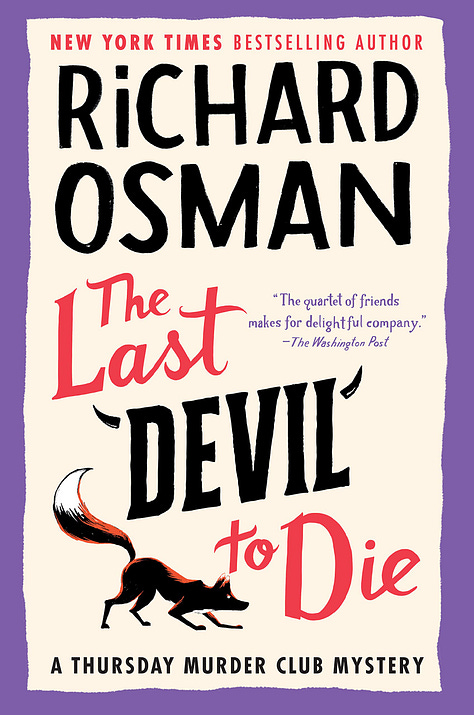
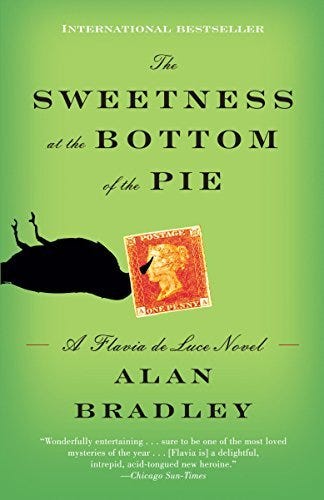
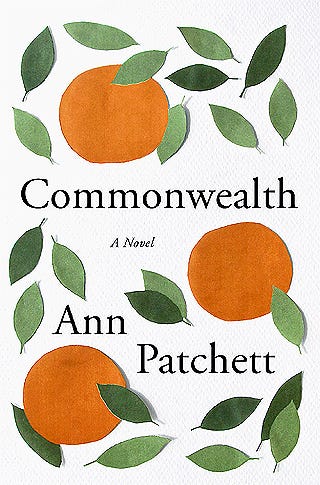
The Last Devil to Die (Thursday Murder Club, #4) by Richard Osman
Finally, number 4!! I’ve written about how I absolutely love this series of books, as if they were written exactly for me. The characters are completely loveable, hilarious, and eccentric, the plot is quick, and the dialogue like a TV script. Osman is a TV writer (as is my other favorite mystery writer Anthony Horowitz), so I know I love that quick pace of dialogue and plot (Agatha Christie too). But the elderly four friends who solve murder mysteries are what make this book so special and unique.
I will say that this fourth one was probably the hardest emotionally, so I didn’t love-love it as much. Since they are elderly people in a murder mystery, there is always a lot of death and dying as a theme, but this really explored the tragedy of dementia and euthanasia. Powerful but sad.
The Sweetness at the Bottom of the Pie (Flavia de Luce, #1) by Alan Bradley
Since I love murder mysteries that aren’t too scary, my friend recommended this series about a 9-year-old sleuth named Flavia. I did enjoy it, however, it was a little quirky and felt too farfetched because the 9-year-old was a genius who solved and fought off the murderer pretty much on her own. The time period and setting are also funny because it’s post-World War II England, but the main characters feel ungrounded to reality.
I might recommend it to anyone looking for a not-too-dark mystery though, especially teenagers who want to fly through these kinds of books!
Commonwealth by Ann Patchett
If you can’t tell, I love family dramas, and Ann Patchett really delivers those. I love her minimalist writing, when I first read her book The Dutch House. It isn’t a wow-read, but it’s entertaining and makes you think about the characters and struggles in families. This was a more sad, difficult book about infidelity and blended families but great at showing the ripple effects of broken families.
Family Read Alouds
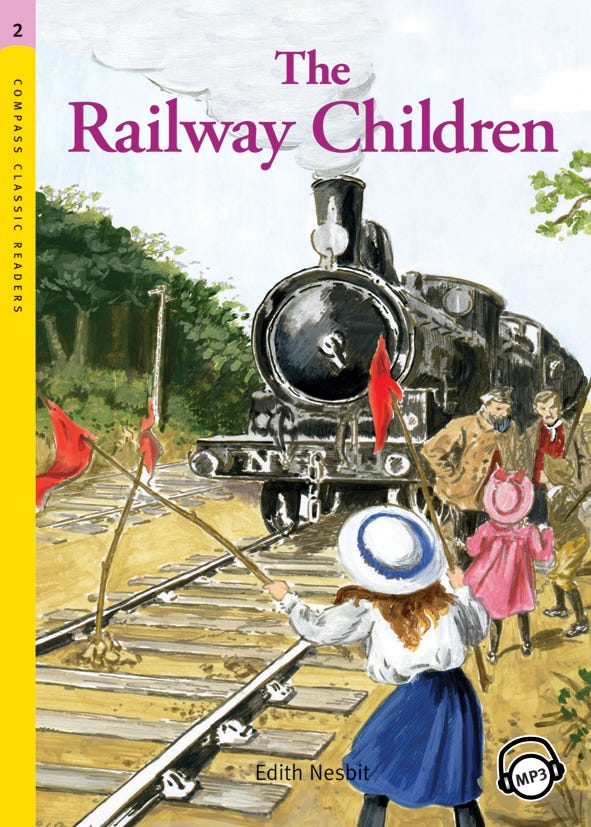
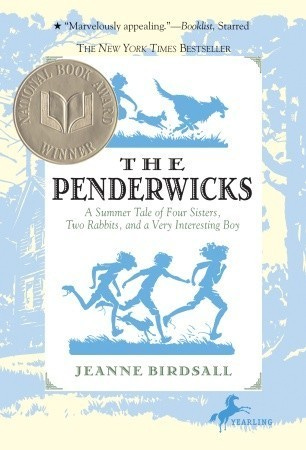
The Railway Children by E. Nesbitt
I got some books by E. Nesbitt because my friend Renee (who writes at Renee’s Book Bag) said she was the best children’s author ever, and I love a good, rich children’s book. But when my son saw this one, I wanted me to read it to him too (probably because he’s obsessed with The Boxcar Children), so we read it aloud together even though it’s a little old for him. I would describe it as rich and a classic British children’s story but maybe a little slower for my taste. There are lots of pages of description which gets tiring reading to a 5-year-old, but I could still appreciate it and we wanted to keep going.
I want to get better at appreciating slower, descriptive novels. Also, there were so many early 1900s British words or things I had no idea about, so it was challenging when you’re expecting a children’s book!
The Penderwicks: A Summer Tale of Four Sisters, Two Rabbits, and a Very Interesting Boy (The Penderwicks, #1) by Jeanne Birdsall
This was a re-read for me, but this time we all got to listen to it on the way to school every morning. I love these books! I love stories about all sisters like Little Women who are all very different and have great adventures. It has the classic feel to it but is set in modern-day New England. I would recommend this for anyone around 6 and up but even just for adults to enjoy a sweet story.




I'm a 5 and Bryan's a 9. Our church in AR was big into Enneagram. Some people think its downright evil, some think it's God's gift--I think it's just a personality test and that there are better ones!
So I've never read Ann Patchett but I think I should give her a try. I like Liane Moriarty, so maybe? I'm deep in my Agatha phase right now though.
Any book with a truck on it is Barnes favorite book. Trucks, motorcycles, and Batman.